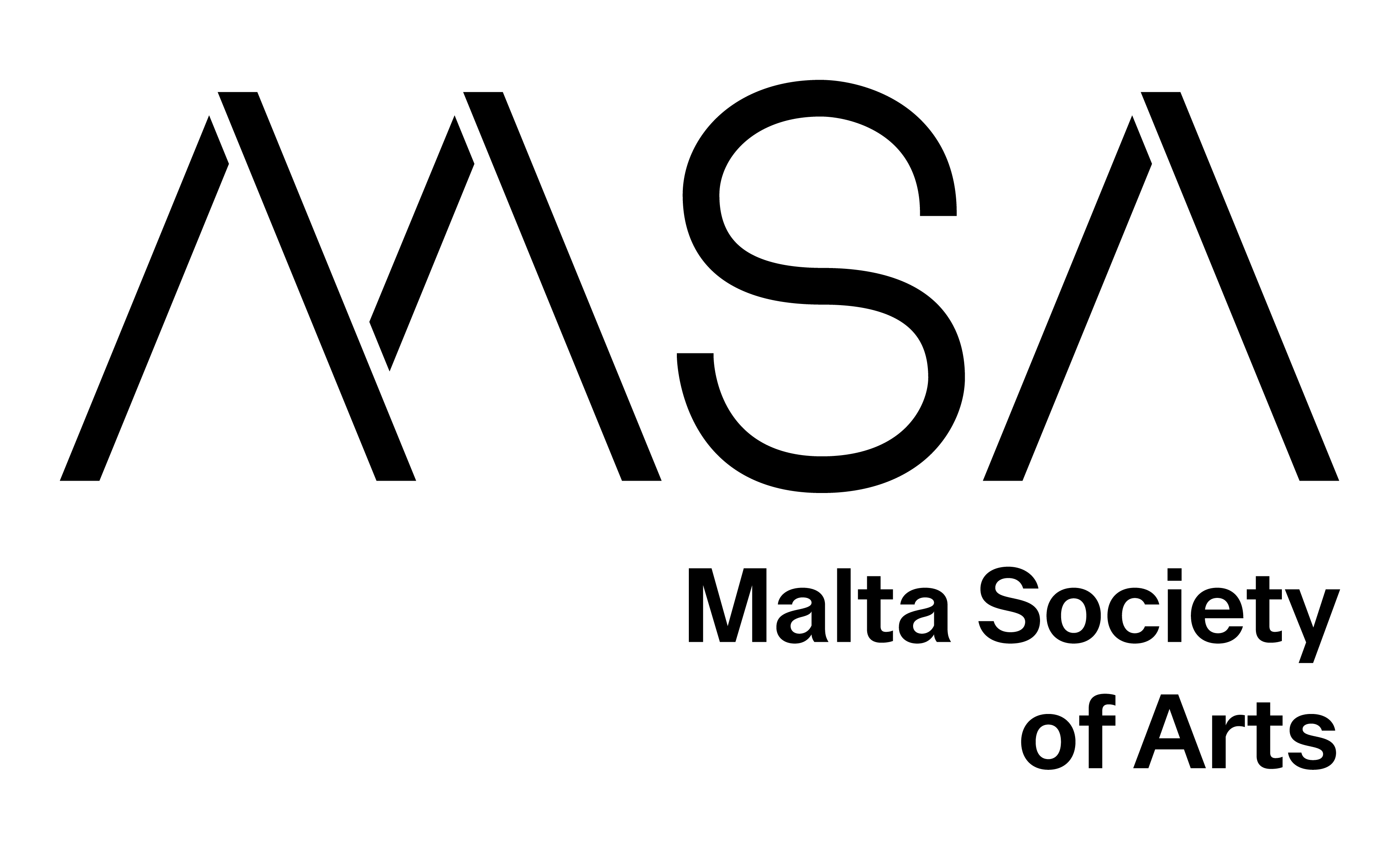Since the pandemic context emerged and spread worldwide,Michel Foucault’s notion of “biopolitics” has been taken up by different authors and in different domains. One of the main reasons for this was the fact that political discourses began to focus on health and life. That suggested, to a certain extent, that there could be evidence of a continuation of the reduction of politics to vital concerns, following Foucault’s theory.
The political prioritization on safety and health over rights and freedoms, during periods of very long states of exception such as those experienced during the pandemic, has led some authors to question the repercussions for the future of democratic states, both in terms of interpersonal relationships and the socialization, as well as in the exercise of politics and citizen participation.
Throughout this pandemic crisis, particularly during periods of social isolation, the vast majority of countries have adopted states of exception and highly restrictive measures on movement.
These led to the closure of the citizens to a private space, although thousands of people remained outside of this register, “essential” to the functioning of society. Labor relations underwent radical changes, continuing mainly in remote formats but, as we previously said, not only, which led to unequal working conditions.
The government measures adopted to control the spread of the COVID-19 virus, for the cultural and artistic sector, determined a total stop, or very close to it, with most workers being prevented from working. In Portugal, the conjuncture of long-term crisis, which has structurally marked, among others, the culture and arts sector, accentuated this situation. From very early on, as early as March 2020, the bodies of culture and arts workers made themselves heard and marked a symbolic, performative and visual presence in the most diverse formats and spaces recreated in the in-between of the physical distancing of these and other bodies.
In the relationship between these policies and the work contexts of arts and culture professionals, this paper intends to bring to the surface the forms of relationship between these confined bodies and the processes of resistance and protest, as well as the means by which artists and workers of culture were restructured as a collective, creating countermovements to biopolitics in the Portuguese context.
This essay is based on the exploratory research project developed between January and July 2022 - Confined Artistic Practices: Resistance and collectivism during the COVID-19 pandemic -, carried out in Portugal, at the Institute of Art History of NOVA University. The project surveyed formal and informal groups formed in the context of the pandemic crisis in the professional arts and culture sector in Portugal. The performativity and the visuality of the struggle processes were assumed as central lenses for the analysis of the forms of protest adopted by these groups. The paper will focus on these aspects, scrutinizing how the conditioning and confinement attributed to these bodies designed and shaped the process of collectivization, resistance and protest itself, but also artistic practice and production during this context.
Daniela Salazar (1988) is a researcher in IHA - NOVA University and her research interests are about the relation between the performance, performativity concepts and practices and the museum and curatorial contexts, as well as the archive, memory and transmission processes.. She is also an independent curator/ museologist and cultural producer and she works on cultural projects with intergenerational communities outside of metropolitan areas. She is also working on the museological programming of Cycling Museum and she was responsible for the Sumol Museum programming between 2013 and 2015. She is also a cultural and creative project manager in ARTERIA_LAB (University of Évora).
Cristina Pratas Cruzeiro is an senior researcher at the Institute of Art History, NOVA FCSH (Portugal). She completed her Ph.D. in 2014 in the field of Art Sciences at the Faculty of Fine Arts, University of Lisbon. Between 2017 and 2022, she conducted a Post-Doctoral project titled "Collaboration and Collision: Public and Political Intervention of Art" at the Institute of Art History, NOVA FCSH. Both her Ph.D. and Post-Doctoral research projects were funded by the Foundation for Science and Technology (FCT). From 2008 to 2018, she was a guest lecturer at the Faculty of Fine Arts, University of Lisbon. Her research focuses on the relationship between artistic practices and society, with a particular emphasis on their connection to politics. She has several national and international publications on this topic.
Back







